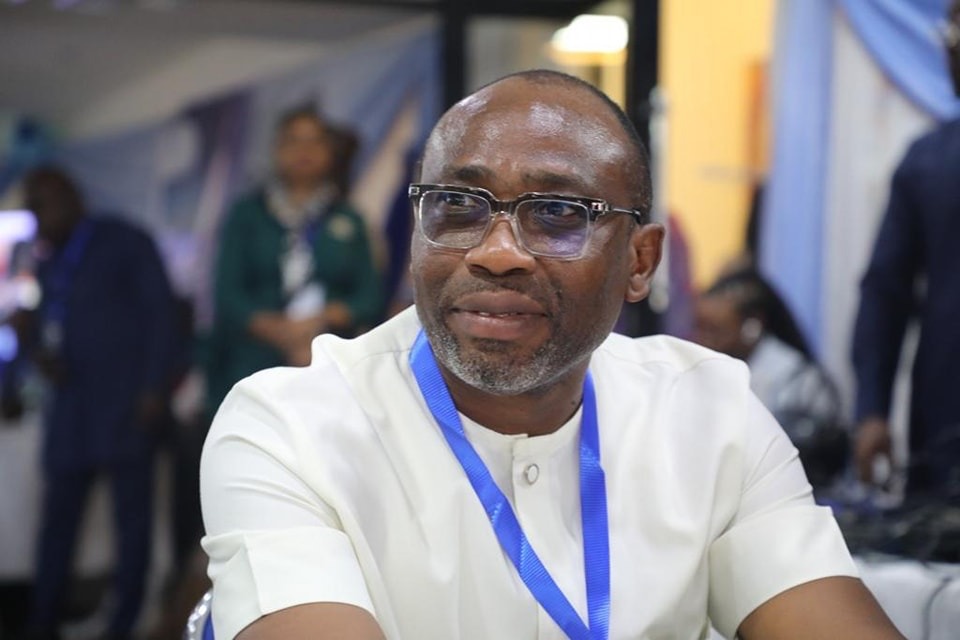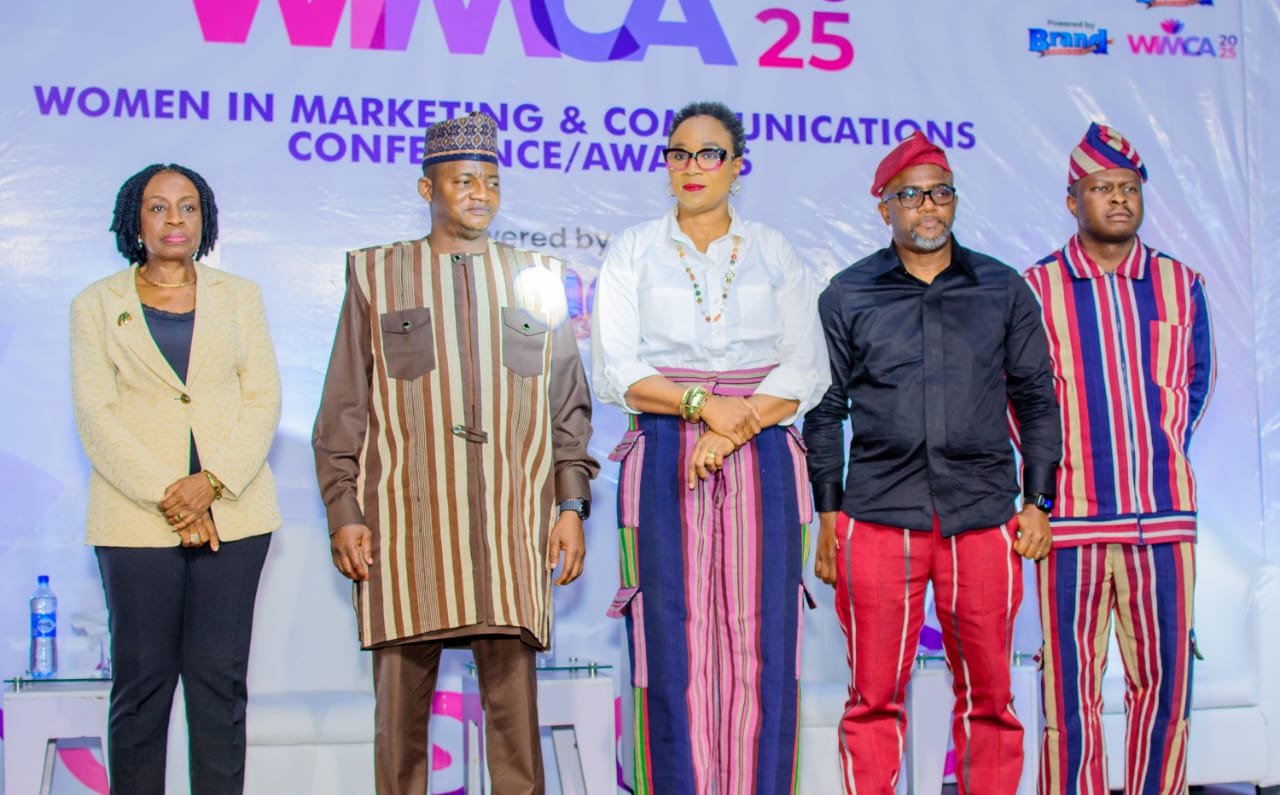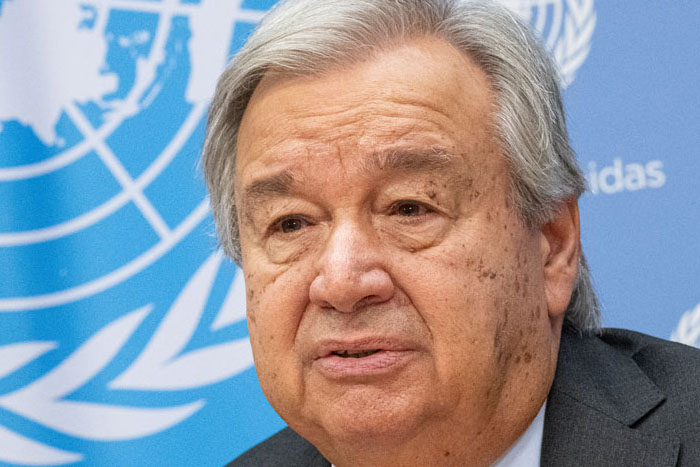
The Director General National Broadcasting Commission (NBC), Charles Ebuebu, and Board of Management of the Commission recently held a meeting with members of the Broadcasting Organisations of Nigeria (BON), in Abuja, on ways of achieving the Digital Switch-Over (DSO) project.
Recall Ebuebu recently announced President Bola Tinubu approval of N10 billion grant to the Commission to actualise the country’s DSO process. He added that NBC and Nigeria Communications Commission (NCC) are forging strategic alliance and unified effort to ensure smooth transition to digital broadcasting.
Ebuebu also assured that the funds allocated to the project would be judiciously managed to guarantee that each component of the DSO ecosystem significantly contributes to realising impactful digital dividends for the nation.
According to Ebuebu, “together, we are building a brighter future where every Nigerian will benefit from superior broadcast quality, enriched educational content, and expanded opportunities for creativity and innovation.”
But during a meeting with members of BON, Vice Chairman of the organisation, Tony Akiotu, called for holistic review of the DSO project, which will address the state of digital migration, the challenges faced and the technologies to be deployed.
He noted the white paper still has issues of licensing various components of DSO, which includes signal distribution, Set-Top-Box manufacturing and other critical issues.
Responding, Ebuebu stated that DSO will be a sustainable ecosystem where content thrives, skills are promoted, and jobs are created. He added that the takeaway is that all critical stakeholders must work together to achieve the common goal. Ebuebu further pledged to create a platform where issues affecting the broadcasting industry would be discussed.
DSO is the process of moving from analogue television to terrestrial television. The agreement reached at the Regional Radio Communication Conference in Geneva, Switzerland, in 2006 – the GE06 Regional Agreement, was to the effect that countries in the region – Europe, Africa, Middle East, Central Asia and the Islamic Republic of Iran would migrate from analog transmission to digital terrestrial transmission on the set date of June 17, 2015, for the UHF band (470-862 MHz), and a five-year extension for the VHF band (174-230 MHz).
But Nigeria started the process in 2016, a year after it should have ended.The DSO has the capacity to appropriate the built up energies and talents in the creative sector, who would have to work tirelessly to feed multiplicity of channels that will be enabled by the digital process.






